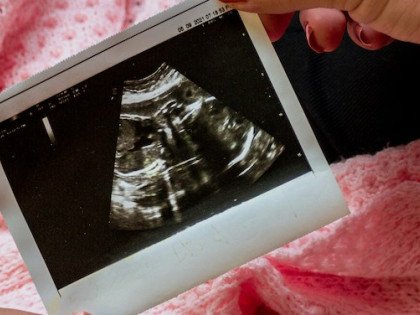Allen was behind the highly questionable diacetyl study in 2015, one that led to The Telegraph’s science editor (Sarah Knapton) infuriating vapers with her blinkered coverage and antagonistic use of social media.
Professor Brad Rodu said (while agreeing that vapers should avoid using buttery-flavoured juices), that Allen’s methodology was flawed: “Laboratory investigations of e-cigarettes should use validated methods to assure credibility. The results of the Harvard Buttery Flavour Study do not meet this standard.”
Allen ignored this and all of the other criticism surrounding his paper and proceeded to replicate his errors in other pieces of work. It, and the studies claiming to have discovered formaldehyde either ignorantly or on purpose pushed vape devices beyond their capabilities and normal use parameters.
Opening up his editorial, Allen writes: “Nicotine isn’t the only thing e-cigs deliver; they also deliver formaldehyde, a carcinogen. It seems equally fair to call them Electronic Formaldehyde Delivery Systems.”
Disingenuously, he continues: “Do manufacturers intentionally put formaldehyde in e-cigs? No, they don’t. But there’s some fundamental chemistry happening that can generate formaldehyde. E-cigs often use propylene glycol or glycerol to help transport nicotine and flavours and to create the big vapour cloud. We’ve known for a long time that when we heat these so-called carrier fluids they can transform into formaldehyde.”
One of the biggest problems with any work he does when investigating diacetyl is that he fails to link the levels to the 100-750 times greater levels discovered in tobacco cigarettes – and failing to present a single case of bronchiolitis obliterans (popcorn lung) caused by smoking. His work in this area is a sham with the single intention of spreading fear rather then education.
Likewise, when he makes bogus statements about vaping devices producing formaldehyde he is relying on studies that have forced their results. The biggest one, certainly from a media coverage perspective, was the research conducted by Doctors Peyton and Pankow. It drew almost universal condemnation, with demands the paper was retracted, because of its reliance on dry burning – a condition no vaper will subject themselves to. Clive Bates wrote an outstanding open letter on the subject.
Allen willingly ignored the criticism, and repeated a gross slur made at the time in his editorial: “Of note, one author of that critique receives funding from a group that has accepted money from tobacco companies, and another received money from an e-cig company.”
Begrudgingly, his spurious article admits: “To be sure, e-cigs may be a useful tool for smoking cessation for those who are addicted to traditional cigarettes. E-cigs are safer than cigarettes, no question. But ‘safer’ does not mean ‘safe’.” But it is his willingness to ignore the glaring faults in formaldehyde and diacetyl studies, and to continually repeat the lies they produced, that marks him as just another purveyor of junk science and falsehoods with the sole intention of frightening the public.
He finishes up: “If the public health community really thinks we need a new name for these devices, a more fair one would be ‘Electronic Nicotine/Formaldehyde/Diacetyl Delivery Systems’ — though not even that would reflect the full list”.
If the public and scientific community really thinks we need a new name for Doctor Joseph Allen, a fairer one would be “Pseudo-science delivering clown/charlatan” – though not even that would reflect the full list.
Dave Cross
Journalist at POTVDave is a freelance writer; with articles on music, motorbikes, football, pop-science, vaping and tobacco harm reduction in Sounds, Melody Maker, UBG, AWoL, Bike, When Saturday Comes, Vape News Magazine, and syndicated across the Johnston Press group. He was published in an anthology of “Greatest Football Writing”, but still believes this was a mistake. Dave contributes sketches to comedy shows and used to co-host a radio sketch show. He’s worked with numerous start-ups to develop content for their websites.
Join the discussion
Expert Reaction to Pregnancy Study
Experts have reacted to the QML study of impacts of vaping in pregnancy and comparison with smoking
Study: Vapes Help Pregnant Quitters
A new study from Queen Mary University of London finds that vapes help pregnant smokers quit and pose no risk of poor pregnancy outcomes
IBVTA responds to UCL study
The Independent British Vape Trade Association has responded to University College London research and said the findings show the Government’s smoke-free ambition is stalling
Cochrane Review Echoes Swedish Success
The Cochrane Review echoes the Swedish approach, finding less harmful alternatives like vaping are superior to other quit methods, says Smoke Free Sweden






-listing400.jpg)




